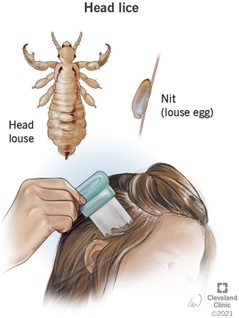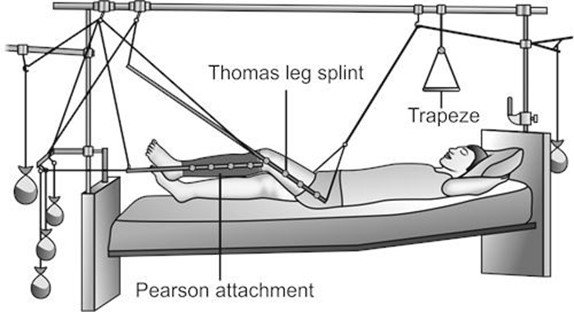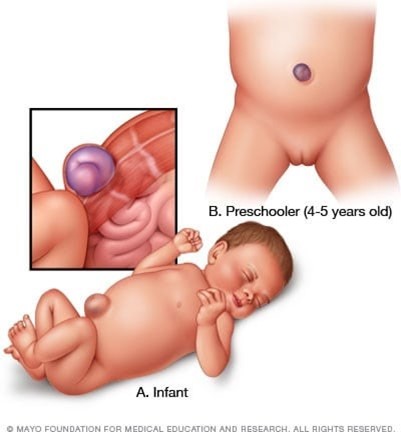A 3-year-old boy in a daycare facility scratches his head frequently, and the nurse confirms the presence of head lice. The nurse washes the child's hair with permethrin shampoo and calls his parents.
Which instruction should the nurse provide to the parents about treatment for head lice?
Take the child to a hair salon for a shampoo and a shorter haircut.
Dispose of the child's brushes, combs, and other hair accessories.
Rewash the child's hair following a 24-hour isolation period.
Wash the child's bed linens and clothing in hot soapy water.
The Correct Answer is D
The nurse should instruct the parents to wash the child's bed linens and clothing in hot soapy water to kill any remaining head lice and prevent reinfestation. The child's brushes, combs, and other hair accessories should also be washed in hot soapy water or disposed of. Taking the child to a hair salon for a shampoo and a shorter haircut is not necessary for treatment of head lice. Rewashing the child's hair following a 24-hour isolation period is not necessary if the permethrin shampoo has been used as directed.

Nursing Test Bank
Naxlex Comprehensive Predictor Exams
Related Questions
Correct Answer is B
Explanation
When caring for a child in balanced suspension skeletal traction, the most important intervention for the nurse to implement is monitoring peripheral pulses and sensation in the affected leg to detect any compromise in circulation or nerve function. This is crucial because the traction places tension on the bones, which can result in nerve or vascular damage.
Changing positions every 2 hours is important to prevent pressure injuries, but it is not the most critical intervention.
Cleansing pin sites and assessing skin for redness and signs of tissue breakdown are also important, but they are not as urgent as monitoring peripheral pulses and sensation.

Correct Answer is B
Explanation
Information about the child's reactions to any previous hospitalizations would be particularly helpful in planning care for this six-year-old girl who is being admited for repair of an umbilical hernia. This information can help the nurse anticipate and address any fears or concerns the child may have about the hospitalization and procedure.
A list of achievement timeline for developmental milestones is not particularly relevant in this situation.
A history of rubella, rubeola, or chicken pox is not particularly relevant in this situation.
Information about the mother's use of alcohol, drugs, or cigaretes during pregnancy is not particularly relevant in this situation.

Whether you are a student looking to ace your exams or a practicing nurse seeking to enhance your expertise , our nursing education contents will empower you with the confidence and competence to make a difference in the lives of patients and become a respected leader in the healthcare field.
Visit Naxlex, invest in your future and unlock endless possibilities with our unparalleled nursing education contents today
Report Wrong Answer on the Current Question
Do you disagree with the answer? If yes, what is your expected answer? Explain.
Kindly be descriptive with the issue you are facing.
